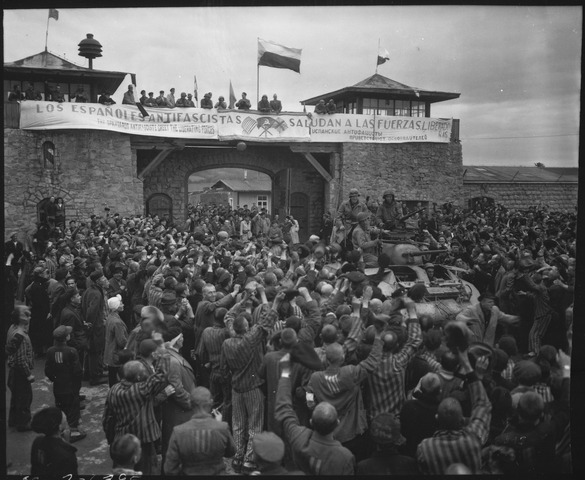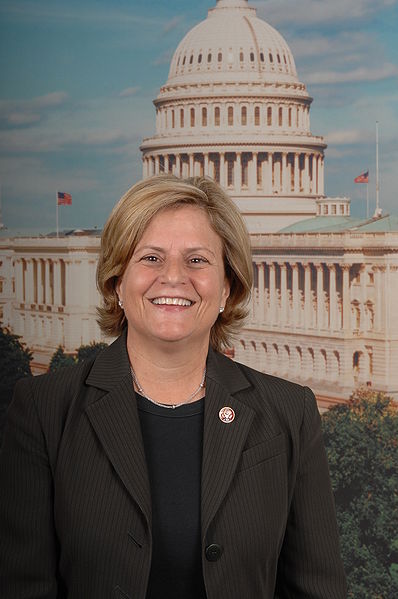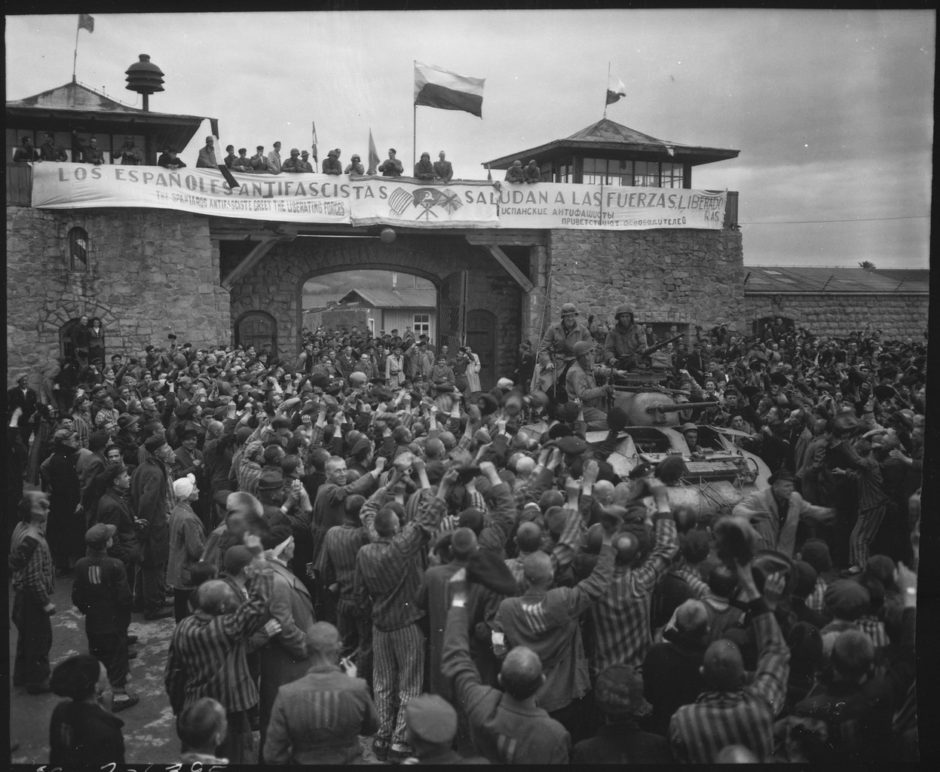The death of Nobel Prize laureate Elie Wiesel recently signified not only the passing of a distinguished novelist but the passing of another Holocaust survivor.

Six million European Jews perished during the Holocaust, a meticulously organized and unprecedented campaign of genocide conceived by the Nazi regime and implemented by Germany and its allies and accomplices under the cover of a world war.
When the war in Europe ended, with Germany’s unconditional surrender and the demise of the Third Reich, survivors like my late parents, David and Genia, could begin to rebuild their lives.

As a general rule, the survivors fared relatively well, whether they lived in Canada, Israel, the United States or Australia. They married or remarried, raised families, revelled in their childrens’ success, found jobs or established businesses and tried to enjoy the fruits of life despite the traumas that still held them in their iron grip.
A small proportion of survivors, however, never readjusted or achieved anything close to financial stability. Of the world’s estimated 500,000 survivors, ranging in age from 71 to over 100, some are lamentably dependent on outside help to get by.
In Israel, for example, 45,000 of the 189,000 survivors live below the poverty line, struggling to pay their bills and look after themselves.
Considering the ordeals they’ve suffered, survivors should not have to face such difficulties. They surely deserve peace and quiet and relief from money problems.
The news that the Conference on Jewish Material Claims Against Germany has signed a new agreement with the German government to ease the plight of distressed survivors could not have come sooner. The announcement was made on July 6, seven months after Claims Conference negotiators launched talks with a German team headed by Finance Minister Wolfgang Schauble.

Under the agreement, which is subject to approval by Germany’s parliament, the Claims Conference will receive an additional $500 million in homecare funds for survivors. Currently, the Claims Conference looks after the needs of about 55,000 survivors around the world through reparation and compensation programs.
“This agreement will have a huge impact on the most vulnerable, poor and disabled of survivors,” said Claims Conference President Julius Berman.
The most significant aspect of the agreement is that it removes a cap on the number of homecare hours to which many survivors are entitled, according to Claims Conference Executive Vice President Greg Schneider.

Survivors had been entitled to a maximum of 25 hours per week. Now, ghetto and concentration camp survivors will have access to unlimited homecare. Survivors who were not thrown into ghettos and concentration camps may receive up to 40 hours of homecare a week.
Germany’s deputy minister of finance, Jens Spahn, said the German government recognized that current levels of homecare were insufficient. “Some survivors require more extensive care,” he acknowledged in response to a letter Schauble received from the U.S. Congress late last year.
Ted Deutch and Illeana Ros-Lehtinen, both from the state of Florida, submitted a congressional resolution calling on Germany to “recognize the imperative of immediately and fully funding victims’ medical, mental health and long-term care needs and to do so with full transparency and accountability…”

It’s unclear whether their resolution prodded Germany to act, but since the war, the German government has tried to make amends, having dispensed about $83 billion in reparations and compensation payments.
In Israel, the government has been allocating extra funds to survivors since the passage of a Knesset bill in 2014 to provide survivors with a monthly minimum payment of 2,200 shekels and increased health care benefits. The bill was introduced by the then finance minister, Yair Lapid, whose father was a survivor.
Survivors in Israel who will benefit most from this new arrangement are Russian Jews who fled into forests following Germany’s invasion of the Soviet Union in 1941. Not having been incarcerated in a ghetto or a concentration camp, they failed to meet the legal definition of a survivor.
The Israeli government appears ready to set aside still more resources to survivors. “We will add as much as needed, with an open heart,” said Prime Minister Benjamin Netanyahu.
This is the least survivors should expect, in Israel and the Diaspora.
